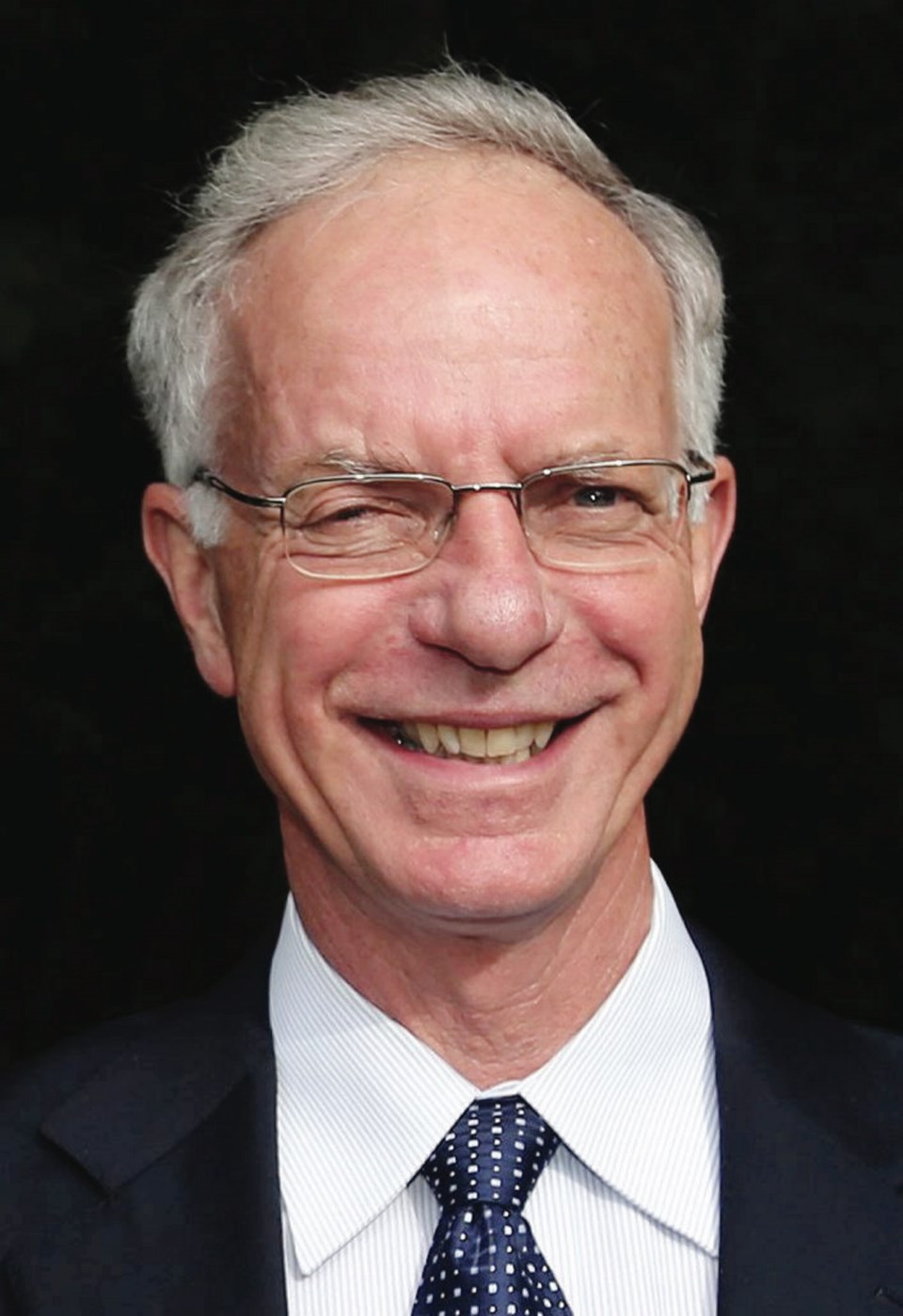David Black’s vision for an oil refinery on B.C.’s northwest coast near Kitimat has crossed a small hurdle with completion of a design and feasibility study that lays out details of what would be a $22 billion facility.
Funded by Black, a newspaper magnate who has 170 papers across North America, the seven-month project was undertaken by engineering firm Hatch Ltd. It lays out plans for the proposed Kitimat Clean complex, which would be able to process 550,000 barrels of bitumen into 460,000 barrels of refined fuel each day.
“It’s a necessary step. You have to do the engineering and configuration to figure out what it will cost before you can get serious about discussing it with people,” said Black, who would not divulge the cost of the study, other than saying it “was quite a bit.”
The 270-page study shows a refinery that would be one of the 10 largest on the planet, employing 3,000 people.
It is Black’s answer to concerns about Enbridge’s proposed Northern Gateway pipeline, which would carry bitumen or diluted bitumen from Alberta to load onto tankers on B.C.’s coast.
Black has argued refining heavy oil into products such as gasoline and diesel before shipping would reduce the potential for an environmental disaster and be an economic boon for B.C.
The cost of establishing Kitimat Clean is estimated at $30 billion. That includes the refinery, $6 billion for a bitumen pipeline from Alberta, $2 billion for a natural-gas pipeline to fuel the refinery and $1 billion for a fleet of tankers to transport refined fuels to buyers in Asia.
But Black still faces a huge obstacle — getting support from the Canadian petroleum industry.
He has financial backing from a Chinese bank, but it requires Canada to come up with 30 per cent of the cost.
Black said the federal government supports the idea in principle and it would likely provide about $10 billion in loan guarantees, enabling investors to secure loans at lower cost.
However, according to Black, Ottawa has said the province needs to buy into the project and he has to land a major oil company as a partner.
“I think those are reasonable requests on their part,” Black said.
The Canadian petroleum industry is proving to be a tough sell. Black has had no luck finding a partner. “I certainly haven’t given up. I still talk with them. But, let’s face it, the job of the president of a typical big oil company in Canada, because they are running a subsidiary of a multi-national corporation, is to get the oil out of the ground and out of Canada,” he said.
Oil companies are often refining fuel at their own facilities offshore or in jurisdictions with more favourable taxes, Black said. “Nation-building for Canada is not on their radar and I get that, it’s business. But that doesn’t mean we shouldn’t pursue it. This is in Canada’s interests.”
Greg Stringham, vice- president of the Canadian Association of Petroleum Producers, was not available for an interview but in a statement to the Times Colonist he suggested the market would dictate whether the refinery goes ahead.
“The goal is safe and responsible market access while delivering benefits to British Columbia and Canadians — benefits in terms of jobs as well as government revenues,” he said. “Refineries, however, compete in a very competitive global market place. Any such project has to attract commercial interest and investors to succeed and, ultimately, commercial interests should decide on the economic viability of the proposal.”
Black said he will continue to look for an industry partner.
“I don’t think there are any in Canada who will step up, but I am talking with others and there is some interest.”
His next steps include applying for environmental permits, negotiating with the Kitselas and Haisla First Nations for use of their traditional territory and buying Crown land for the site.



